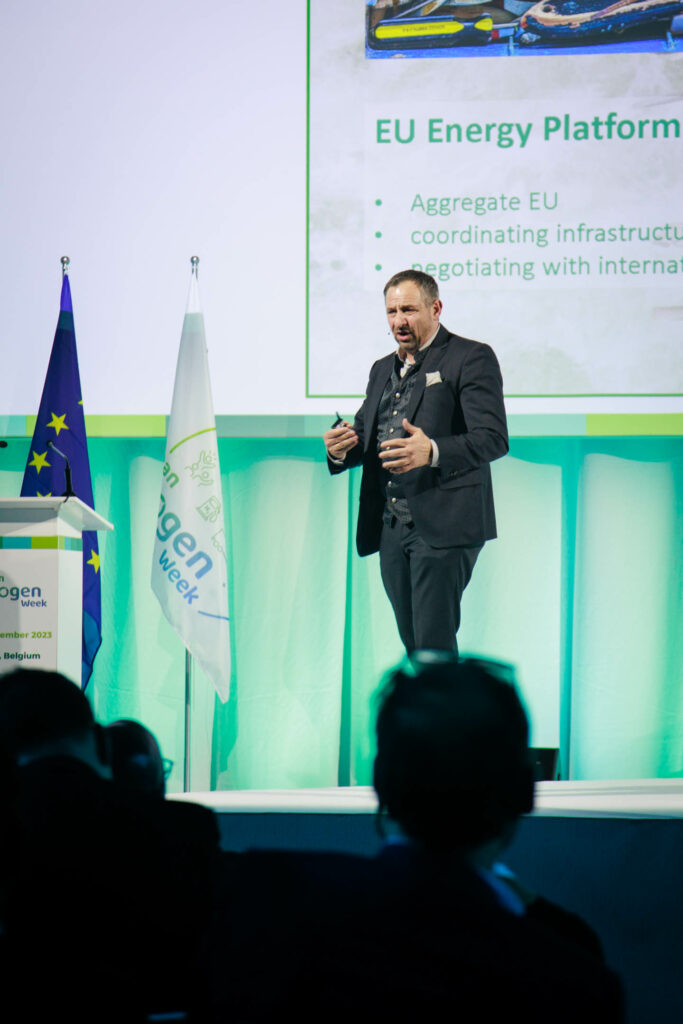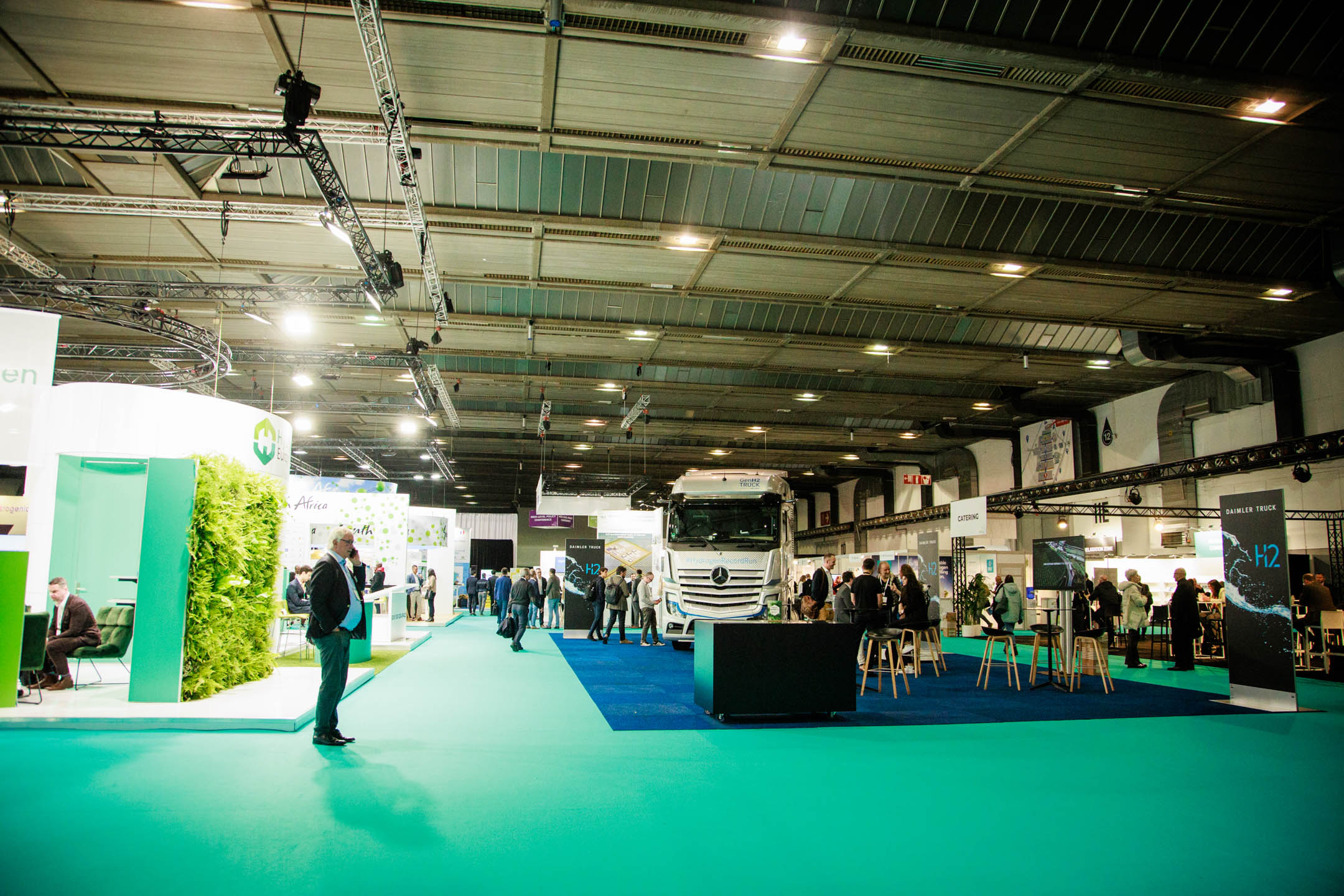The new European Commission’s mandate will end in 2029, meaning it is this new executive which must lead us to the doorstep of our 2030 climate targets. In order to reach them, President von der Leyen and her new cohort will need to make use of every tool in the belt. In this context these tools are clean technologies from the well-established solar photovoltaic and wind turbine-based power generation, to battery storage and battery-powered vehicle technology and, crucially, hydrogen technologies.
Hydrogen is an enabler of the entire transition, unlocking the full potential of other clean technologies and offering a complementarity to allow us to achieve net zero in the most efficient way possible. Its versatility and adaptability are two of its greatest qualities. With electrolysers, as well as producing hydrogen for immediate use, we can also store excess wind and solar for much longer than a traditional battery, and transport it longer distances than power cables. At its destination, it can be reconverted to electricity through the use of a fuel cell. This allows for a more flexible and resilient energy system, one which does not need to overspend in order to oversize our grids unnecessarily, and which will see a more united European approach to clean energy.
Hydrogen is a clean fuel which can be used to decarbonise sectors in which electrification is impossible or undesirable. Industrial processes in the chemicals, agricultural, steel, and refining sectors can replace their fossil fuels with clean hydrogen. Trucks, ships, and planes can travel long distances on a tank of hydrogen – or its derivatives – and meaningfully contribute to decarbonisation.
If any of the above has resonated with you, and if you are curious in finding out more about the fabulous potential of hydrogen to help us meet our climate ambitions, then please register for free to attend the European Hydrogen Week, from 18-22 November at Brussels Expo.
This week-long event will give you the opportunity to directly engage with developers of state-of-the-art electrolyser, fuel cell technologies, and other innovations. On our exhibition floor you can get up close to hydrogen-fuelled trucks and buses and you’ll have the chance to speak to the teams responsible for making hydrogen shipping and aviation a reality. If you’ve ever wondered how we turn water into energy without emitting a single molecule of CO2, or how we power vehicles while creating nothing but water vapor, or how we can clean up heavy industrial processes with only small adjustments to our pipelines and storage infrastructure, then this is the event for you.
Our High-Level Policy Conference and B2B Forum panel sessions will enlighten guests on the major goings-on in the hydrogen sector, from both a political and business perspective. With several important developments in the EU over the last year concerning hydrogen, there is plenty to discuss.

The topics of exports, infrastructure, and financing will loom large at this year’s event, as the sector works hard to scale up in time to meet Europe’s urgent climate needs. The terms and conditions of the second European Hydrogen Bank auction were published at the end of summer with a lot of positives to take. The auction will launch shortly after the event with a budget of €1.2bn, and winners will receive much needed financial support to build out their projects.
On the policy side, the benefit of carbon pricing and the importance of a European Green Deal will take centre stage as the global race for clean technology heats up. A draft was recently published of the ‘Low Carbon Hydrogen Delegated Act’, which defines the methodology for determining if non-electrolysis hydrogen projects meet an emissions threshold under which they can contribute to Europe’s decarbonisation goals. These alternative production pathways, which include waste-to-hydrogen and pyrolysis, are important avenues to explore to increase the supply of clean hydrogen for the growing demand base across Europe. The promise of these technologies will be enthusiastically addressed throughout Hydrogen Week.
We are also proud to announce our new Innovation Forum, which is also set in the expo area and presents an excellent opportunity to evaluate the progress and achievements in the various pillars of the Clean Hydrogen JU programme. It will facilitate discussions on the ways forward and key issues concerning research and innovation in the clean hydrogen sector.
Please go to https://euhydrogenweek.eu/ to register and check out our list of speakers and panellists. We hope to see you there, ready to engage with the pioneers and innovators of the European hydrogen sector as we work together to create a more sustainable society.
Jorgo Chatzimarkakis, CEO, Hydrogen Europe

